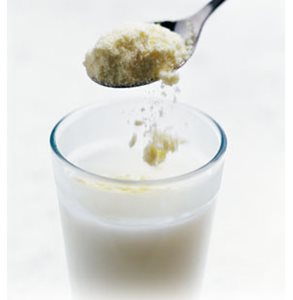 alth Organisation Code bans the marketing of infant formula for children under the age of one, however there is no restriction on manufacturers advertising toddler and junior milks for babies over 12 months.
alth Organisation Code bans the marketing of infant formula for children under the age of one, however there is no restriction on manufacturers advertising toddler and junior milks for babies over 12 months.Choice says that these “junior milk” products are designed to appeal to parents of older children, however many parents are unaware that such products are unnecessary after the child turns one.
“We believe the branding of toddler and junior milk is too similar to infant formula, and acts as proxy advertising for all types of formula,” says Choice journalist Kate Browne.
“Older children should be able to meet their nutritional requirements from eating a healthy diet without special toddler milks.
Choice also says that nutritional claims found on a number of products such as Nestle’s NAN toddler milks which claim to “support your toddler’s digestive immune system”, and Aptamil toddler and junior milks which promise to “nutritionally support your child’s immune system and brain development”, are essentially meaningless.
“Perhaps the worst offender is Aspen who advertises its S26 toddler milk with the claim it’s the ‘perfect mix of science and love’. However, they have a different message for retailers, ‘keep mums buying even after their little ones turn two,” says Browne.
"The branding on pack is also confusing with large 3 and 4 figures depicted by the age panel although they have nothing to do with the age of the child the product is designed for. They seem to be there to deliberate confuse parents.”
“Given most healthy one-year olds are capable of drinking cow’s milk there is very little point paying a lot more for powdered supplements.”





